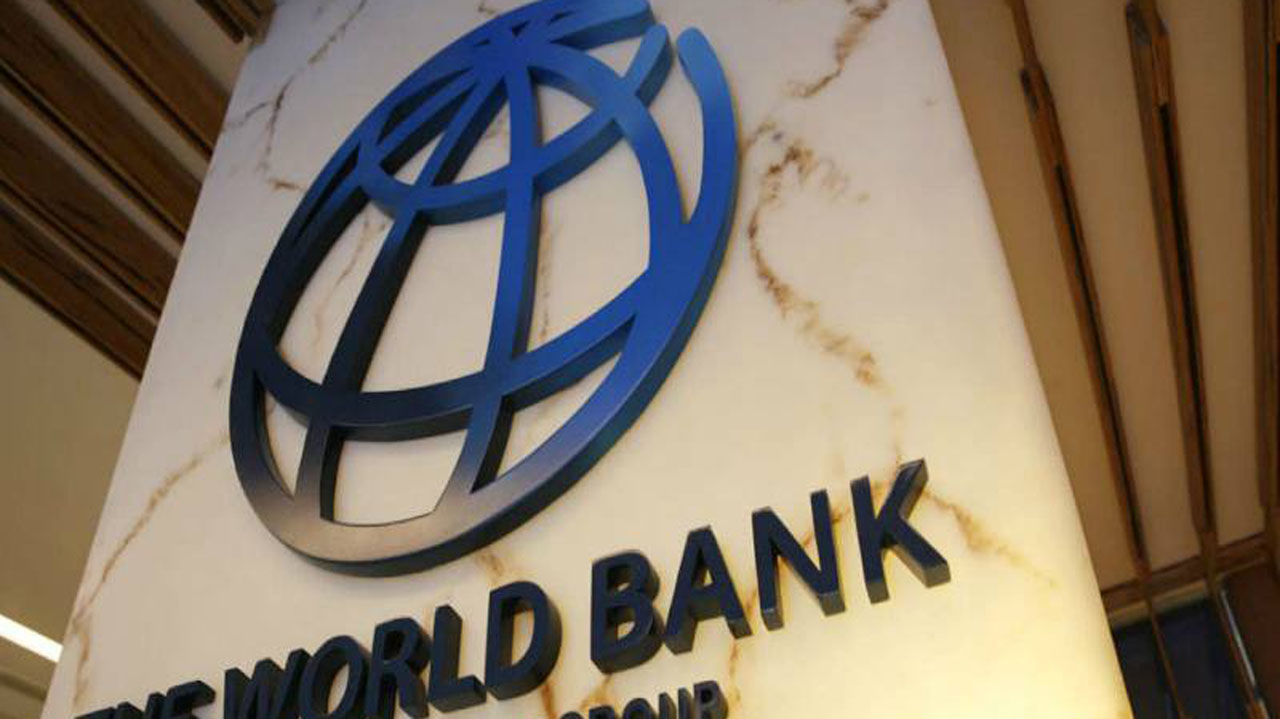Premium Times
By Adewale Ajadi
It is critical that the lesson in interdependence that COVID-19 has taught is not lost in this relationship between Nigeria and the U.S.
The visit of Antony Blinken, the current U.S. Secretary of State, to Nigeria is one of the more humble expressions of the United States in a history of condescending relations with Nigeria. It is very easy, when listening to the United States on its soap box about democracy and human rights, to forget that that country only became a real democracy in the 1960s, after the Civil Rights Revolution.
This dance started a long while before we became conscious. Sometimes it is explicit but more often it is implicit. The relations between Nigeria and the United States of America was formed long before the political existence of the current countries. It is an association that has seemingly become cemented in abuse and caste hierarchy.
Recently, it was widely publicised that many people enslaved in the United States were kidnapped from the territory now known as Nigeria. Even though many were not directly shipped to the shores of what is now the U.S., many ended up there from South America and the Caribbean, after further sales. As such, at the founding of whatever the U.S. has become were the lives, sweat, bones, broken bodies and spirits of those whose relatives, many generations on, are now called Nigerians. Many of their descendants in the U.S. are living through the denial, disdain and depletion of humanity that that country reserves for its citizens of African origin.
The visit of Antony Blinken, the current U.S. Secretary of State, to Nigeria is one of the more humble expressions of the United States in a history of condescending relations with Nigeria. It is very easy, when listening to the United States on its soap box about democracy and human rights, to forget that that country only became a real democracy in the 1960s, after the Civil Rights Revolution. Before then, it was a Racialist Republic and shortly before then, a Sexist one. Even now, and at every opportunity, efforts are made to make the votes of African Americans insignificant. From the purely outrageous use of criminalisation and racist incarceration to the disenfranchisement of millions or, just simply, gerrymandering. Also in that vein are the efforts to ensure that the cost of registration on the electoral rolls, are procedurally or practically too expensive.
As the journey of the United States has shown, from the Bacon’s Uprising till January the 6th, the essence of White Supremacy is the religion of choice in that republic, as evident in the devotion to hanging and genocidal murder of African Americans, from the Clinton Massacre of 1875 and Wilmington Massacre of 1898, to the many who lost their lives registering African American voters, up until the end of the 1960s in the south of the U.S.
In the continuing Trump backlash against the administration of the first ever African American president, Republicans in the U.S. Senate have blocked the John Lewis Voting Rights Advancement Bill more than once, building on the groundwork of the U.S. Supreme Court rejecting similar efforts in 2013. Quite clearly, the U.S. is struggling to be a genuinely multi-ethnic democracy. Yet, it has one of the most forceful and aggressive global platforms on human rights, even though African Americans are daily subject to death in the hands of law enforcement, with the consequence being that names like George Floyd are now tattooed on the skin of the world, and Black Lives Matter as a political statement and movement is something that should go without saying. We must see clearly, using Ọ̀làjú, and not recognise the U.S. with the eyes of the brainwashed or through Hollywood fantasies.
If the U.S. must grow in humility and maturity, Nigerians, especially the elite, must lose their fawning desire for visa access and the obsession with material accumulation and its attendant need for U.S. validation. The modern Nigerian is an emotive narcissist in my view: A creation of colonial education who, till date, has accepted the false notion that he or she will only be validated by being Westernised in education.
As such, the humility of the Blinken engagement and tone has been long overdue. Hopefully, it is the beginning of a U.S. that listens, not just in Nigeria but especially in Ethiopia, Sudan and Guinea; listening to the diverse voices, rather than being hostage to a venal minority of activists. Respecting territorial complexity and integrity, rather than the preferences of choice acolytes. The listing of Nigeria as country on the list of countries highlighted for religious violence was a classic. Simply, the kind of violence that a Muslim faces in the U.S., from the Gulag of Guantanamo to being specifically excluded and treated with public and covert violence, can never happen to a Christian or any religion in Nigeria. The treatment of Nigerians seeking to visit or school etc. in the U.S. is plain outrageous and humiliating. In fact, in about two years of working…



Connect with us on our socials: